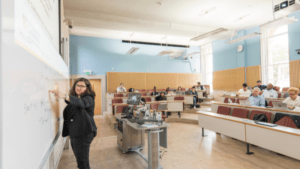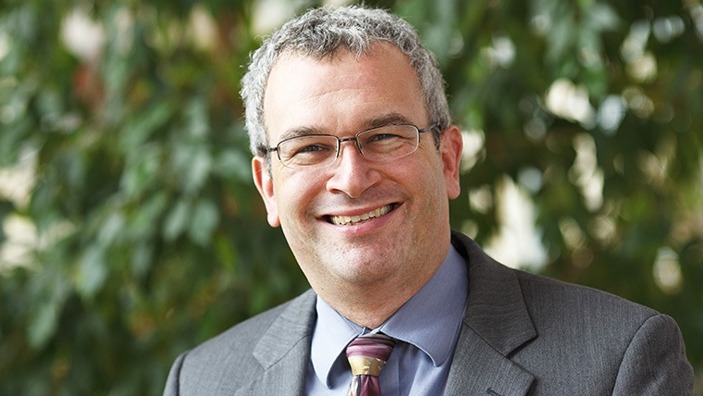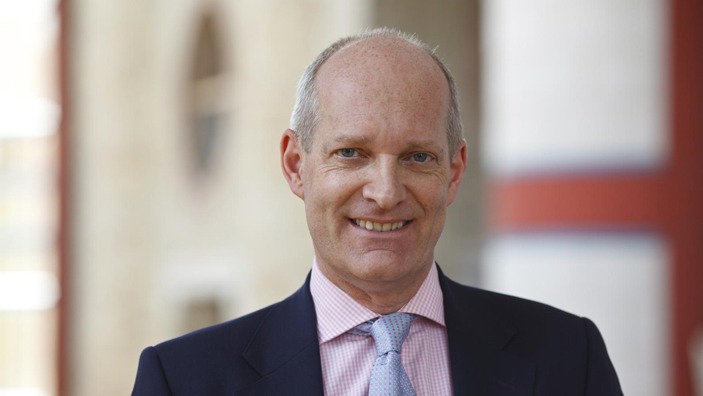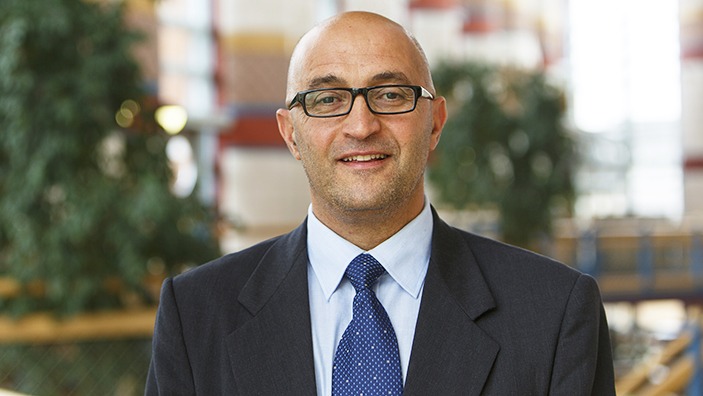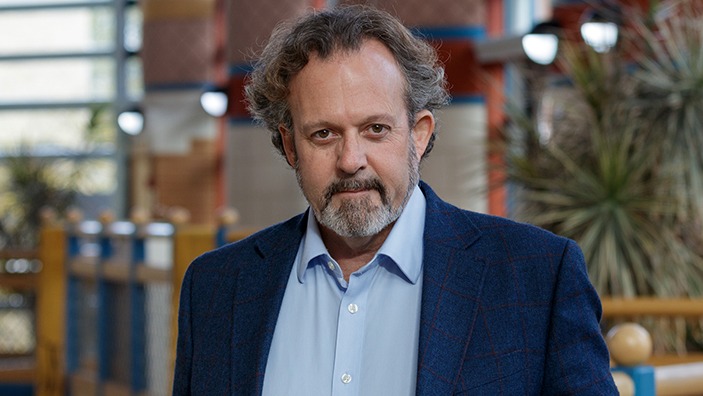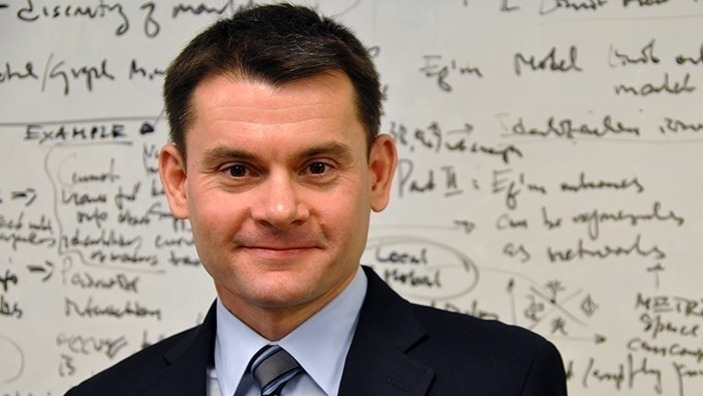Shaping the future
Gain the skills and knowledge required to operate at the nexus of business and government.
Learn to lead by anticipating technology trends, analysing and influencing legislative developments and identifying the business opportunities that arise from them.
6 core courses, 6 electives, and a capstone Final Group Project with an emphasis on real world applications over an intensive 9-month programme prepare you for a positive start in your future professional career.
Watch our video about the EU Field Trip in Easter term.
Our core objective is to prepare graduates to navigate and influence the evolving landscape of technology policy effectively. This involves not only understanding and analysing policies, but also being proactive in shaping them to foster economic growth, human flourishing and environmental sustainability.
Programme highlights
A horizon-expanding Orientation week. A capstone Final Group Project. Direct interaction with government departments and leading technology companies. A unique and intense field trip. Key guest speakers. Discover the immersive experience that lies ahead.

Orientation week
An opportunity for you to meet some MPhil in Technology Policy alumni to interact with government departments, regulatory agencies and leading technology companies and to establish a firm understanding of microeconomics concepts.

Field trip
Including meetings with European parliamentarians, Commission officials and others involved in European science and technology policy. This intellectually and experientially full-on field trip builds on the Cambridge-based lectures, covering a range of perspectives, sectors, institutions and ideologies.

Final Group Project
A major capstone project incorporating practical application of concepts learned on the programme, based on work with a major public or private technology-intensive organisation.

Guest speaker sessions
We are delighted to offer students guest speaker sessions with Centre for Science and Policy (CSaP) Fellows throughout the academic year.
Visit the CSaP website to find out more about Policy Fellows.
Past clients for final group projects have included: The UK Cabinet Office, UK Parliamentary Office of Science and Technology (POST), Technology Strategy Board, GE Energy, RBS, EDF Energy, IBM, Ellen MacArthur Foundation, Gulf Research Center, WHO, AstraZeneca, Rolls-Royce, Paris Peace Forum, Microsoft, Arm, Mondelez International, Morgan Stanley and the European Commission.
Core courses
Explore the core courses and their real-world applications, essential for your future career.
Electives
Broaden and specialise your knowledge base and skillset to customise your learning experience.
Final Group Project
This project forms the practical application of concepts developed on the programme.
Your learning experience
Experience learning the Cambridge way. Academically rigorous, professionally relevant, inclusive, collaborative and intellectually inspiring.
On the MPhil in Technology Policy, we place great emphasis on real world applications through case study materials on policy issues in areas, such as information and communications technology, defence and aerospace, energy and electricity, manufacturing, transport and logistics, pharmaceuticals and health, taught by senior practitioners from both the academic and business worlds.
You will be challenged to sharpen your skills, from problem framing and systems analysis through to complexity, decision-making under uncertainty and strategic thinking.
You will engage with a carefully selected international cohort, sharing ideas and knowledge, and become adept at working across international study and work groups. This is a great opportunity to build connections with your classmates, other MPhil cohorts and faculty, and forge powerful networks for the future.
Your MPhil in Technology Policy degree corresponds to 12 equally weighted modules, and a Final Group Project which is double-weighted.
You are assessed by a wide range of forms of assessment such as formal examinations, presentations, essays, quizzes, debates and individual and/or group work. Some team grading is used, as appropriate.
Assessment of the Final Group project is based on a client presentation and a 12,000-word final report produced under faculty supervision.
Students should also expect to deliver presentations for qualitative assessment, while some core modules offer an early opportunity to submit mock essays for informal feedback.
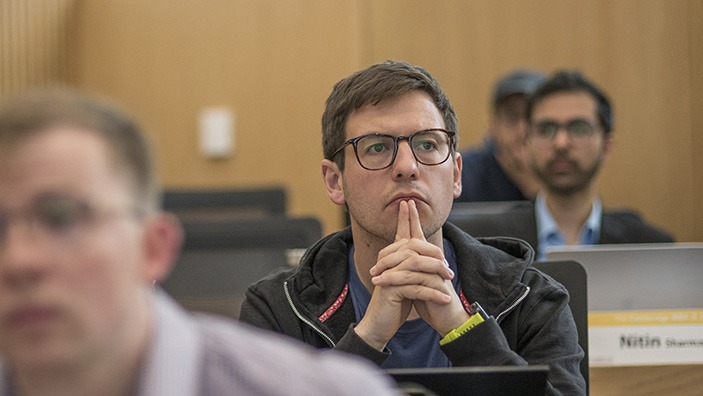
I was inspired by the team's ability to grasp the essence of the challenge presented in CPG Digital Commerce and build implementable solutions in a matter of only weeks. The team were extremely thorough, conscientious and professional – our experience with the group was overwhelmingly positive and we appreciated the collaboration.
Faculty
World-class faculty: diverse, energetic and international thought leaders whose passion is to share their knowledge and to inspire.
Director of the MPhil in Technology Policy Programme
PhD (London Business School)
PhD (University of Cambridge)
PhD (Massachusetts Institute of Technology)
Jawaharlal Nehru Professor of Indian Business and Enterprise
Vice-Dean for Faculty
Director of the Centre for India and Global Business (CIGB)
PhD (University of Southern California)
DPhil (University of Oxford)
Fellow of St Catharine’s College
PhD (University of London)
PhD (Georgia Institute of Technology)
Fellow (Centre for India and Global Business) (Visiting)
Neil holds an honorary title from Cambridge Judge Business School.
Director of the Cambridge Executive MBA Programme
Director of the Circular Economy Centre (CEC)
PhD (London School of Economics)
Director of the MPhil in Management Programme
PhD (University of New South Wales)
Founding Director of the Cambridge Centre for Finance, Technology and Regulation (CCFTR)
PhD (University of Pennsylvania)
Please note faculty teaching on the programme are subject to change.



